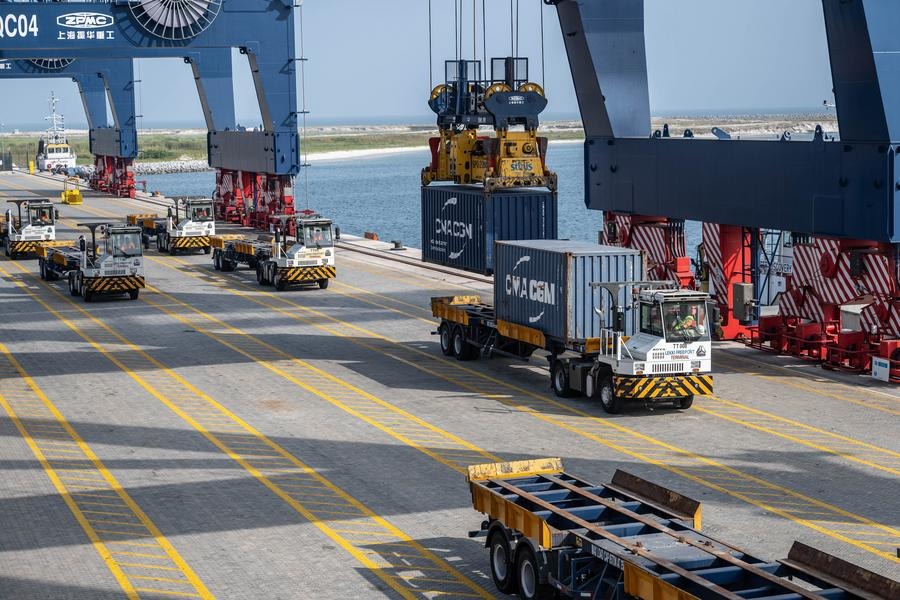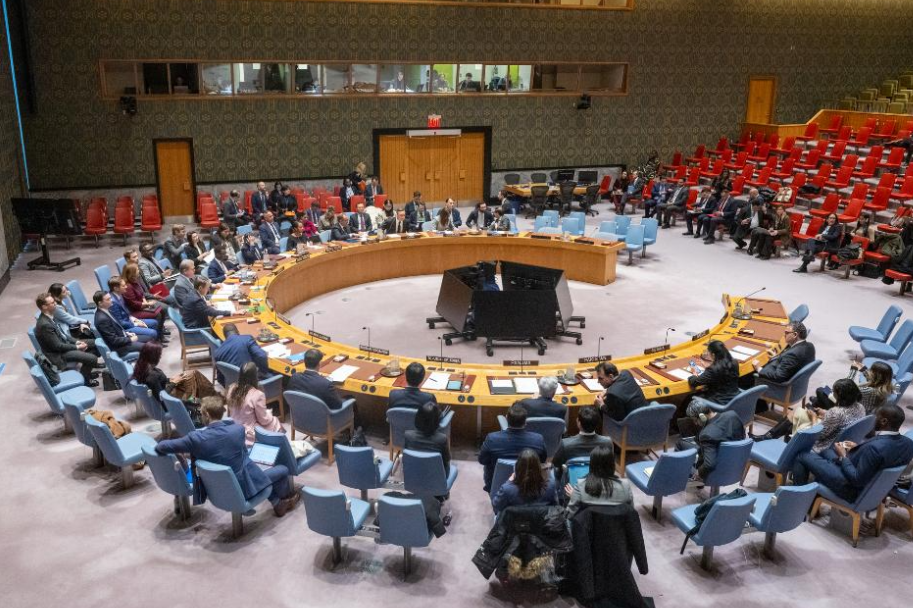Eco-fears make big impact on global flying habits


The Swedish concept of flygskam or "flight shame" looks to be going global after a survey by Swiss bank UBS revealed that environmental concerns have led many people to change how they travel.
Out of 6,000 people questioned in the United Kingdom, France, Germany and the United States, 21 percent reported that they had cut their flying in 2018, with the figure among US travelers being 24 percent, and if that trend continued, expected growth in passenger numbers could end up being halved.
Aeroplane manufacturers Boeing and Airbus had projected that current annual growth rates of between 4 and 5 percent will continue at that level until 2035, which would mean passenger numbers doubling every 15 years.
Last month Airbus SE unveiled its Global Market Forecast 2019-2038 report, the strength of which was largely dependent upon significant anticipated growth in countries such as China and India.
Over the next 20 years, the number of flights taken per annum by people in China is predicted to rise from 0.4 in 2018 to 1.4, while in India it is expected to go from 0.1 trips per person to 0.5 in 2038.
But in the US and Europe, increased awareness of issues such as climate change, largely brought about by the efforts of campaigner Greta Thunberg, are leading to significant changes.
UBS said that as a result of this, flight numbers within the European Union were only likely to increase by 1.5 percent per annum, half the figure expected by Airbus, while in the US the figure would be 1.3 percent, rather than the anticipated 2.1 percent, which could have serious knock-on effects for aircraft manufacturers' business.
Airbus, which controls around 57 percent of the global aviation manufacturing market, could see revenue reduced by around 2.8 billion euros ($3.05 billion) per year, with the fall in demand for small aircraft seeing Boeing and Airbus cut their annual productivity by around 110 craft.
The flygskam movement was started in 2017 by musician Staffan Lindberg and a group of high-profile friends, including Thunberg's mother, opera singer Malena Ernman, and soon had a major impact.
In summer 2018 there was a 3 percent fall in passenger numbers at Sweden's 10 busiest airports, with a further 8 percent reduction between January and April this year, something the chief executive of SAS, one of Scandinavia's biggest airlines, said he is "convinced" is down to flightshaming.
At the same time, the number of journeys in Sweden by rail, which has a much smaller environmental impact, rose by 5 percent last year and 8 percent in the first quarter of 2019, with sales of international rail tickets going up hugely.
All this has happened at the same time as Thunberg, who last flew in 2015, has shot to international prominence, going from staging a lone protest at her school to addressing the United Nations in New York in the course of just 12 months.
European governments are also steering passengers away from flying, with France introducing new air ticket taxes and Germany doubling existing charges.

































